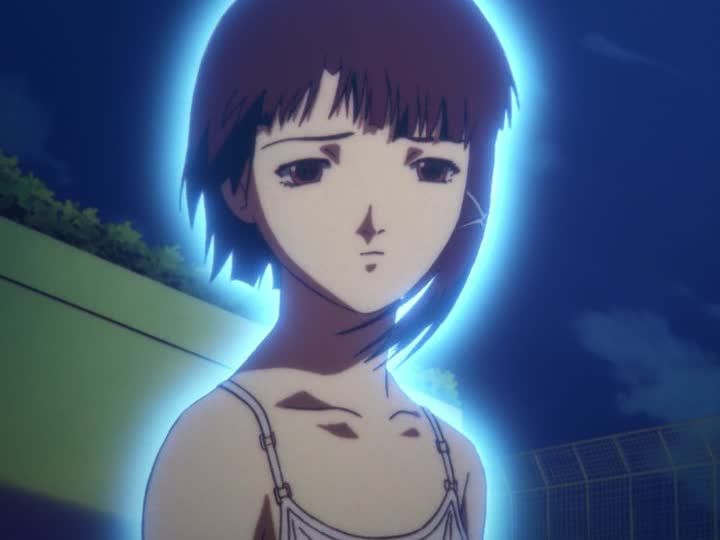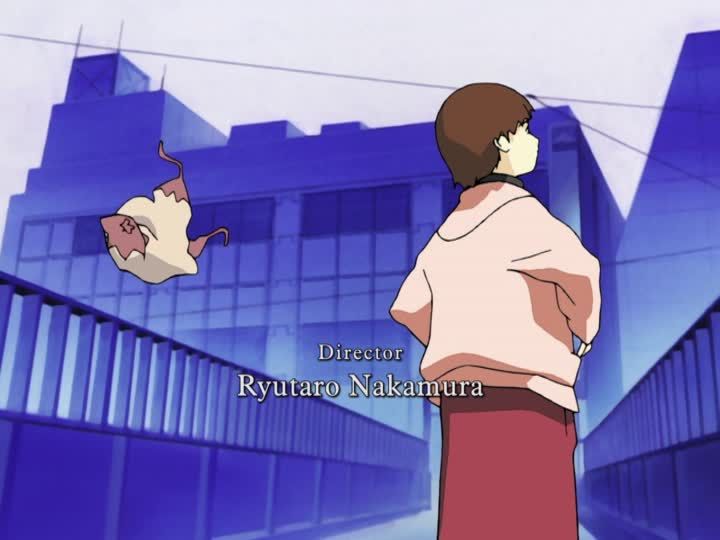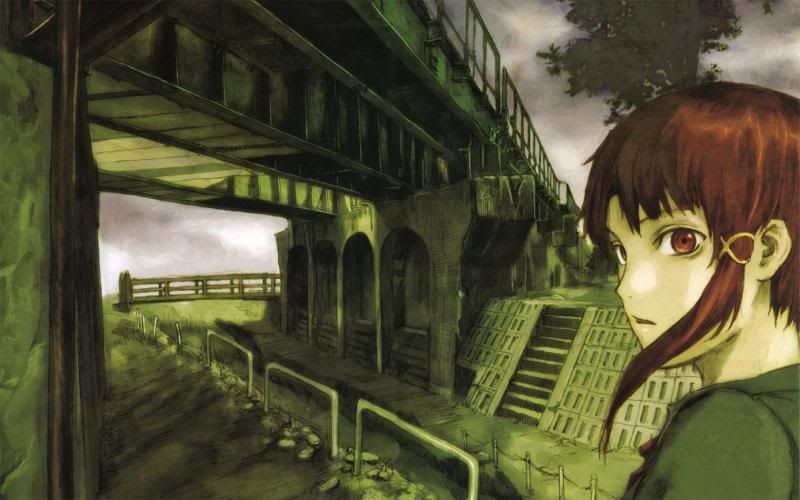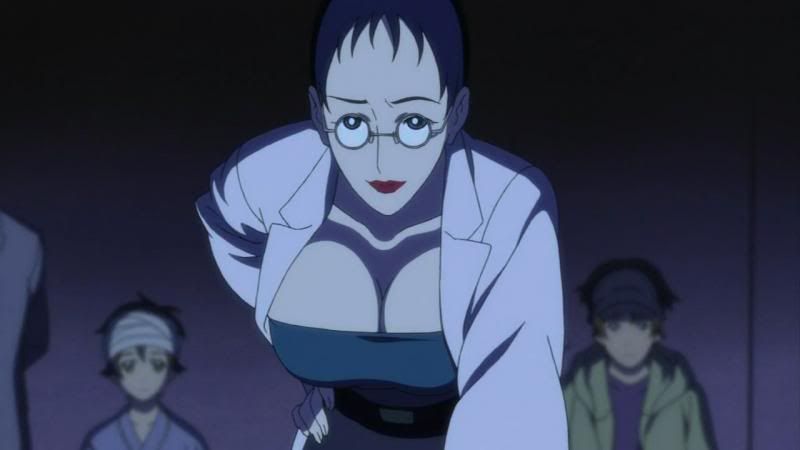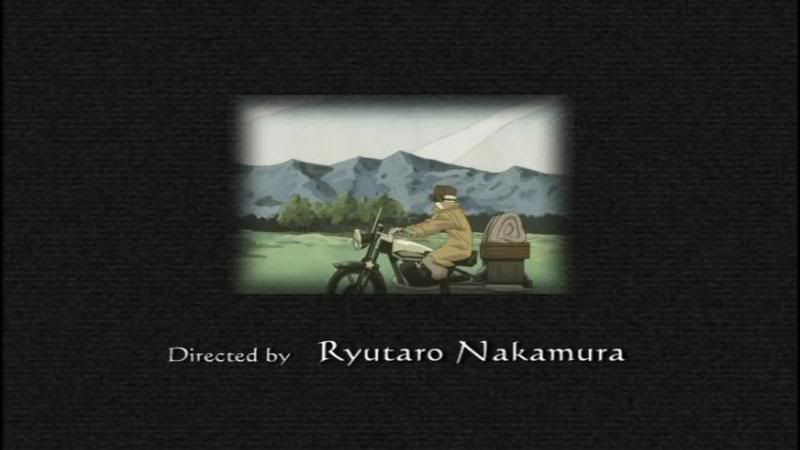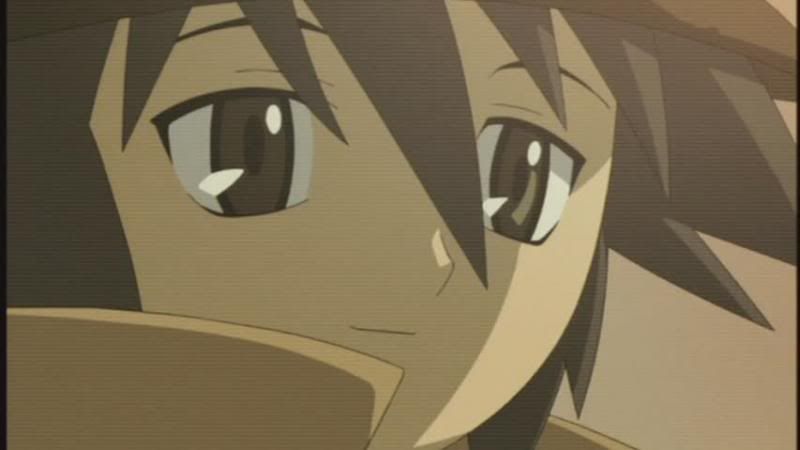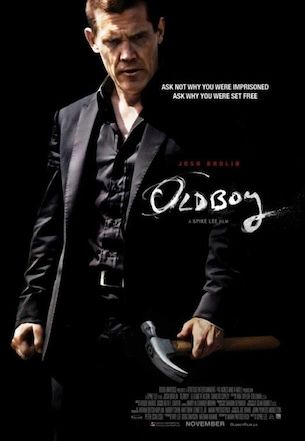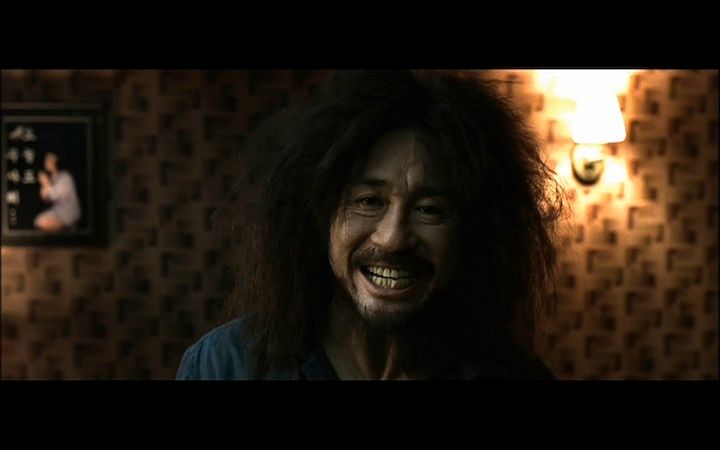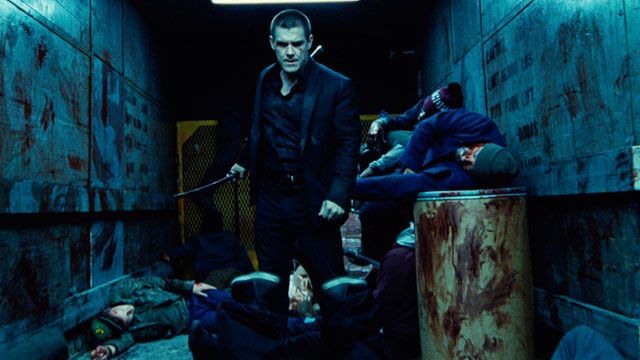Let's get some things out of the way: I am annoyed with people right now who who are either doing one of two things: People who won't shut up about the over-indulgent length of The Hobbit movies and people thinking they're funny because the pronunciation of Smaug is weird. Those dead horses have been beat to dust. Move on.
Maybe it was because I'd been seeing a whole bunch of two-and-a-half hour movies in a row, but An Unexpected Journey was actually one of the breezier experiences I had last winter. Of the brutally long titles I saw at the time, it was easily the most cinematic. For all of Lincoln's accomplishments, it felt like a TV mini-series and Les Miserables was more interested in how much snot was in the acting talent's noses most of the time than the epic feel. Perhaps returning to a cinematic Lord of the Rings experience was a nice visit from an old friend I hadn't seen in awhile, but as much as one can debate how the source material wasn't made for three jumbo-sized movies, I could appreciate a prestige movie that wanted to actually be HUGE.
It has its slow spots for sure and the climactic hullaballoo in the goblin tunnels probably needed to be reeled in a bit because it felt too much like the characters were pinballs bounding about an endless arcade machine, but the movie was fine. Not GREAT, but fine. Young Bilbo Baggins (Martin Freeman) and Thorin (Richard Armitage) were more than worthy to take the reigns as lead characters, there was enough done to distinguish the massive amount of dwarves from each other, and the experience didn't feel like it was being weighed down by being "too large."
For the follow-up movie, The Desolation of Smaug, audiences who had a bitter taste in their mouth seem to like this one quite a bit better, but for me, this movie feels more like it was built from a Lord of the Rings "factory," constructing a reliable product based on past success more than any of the other films. It doesn't change it from being a quality product, but Smaug's characters and action certainly have a sense that I've seen most of what it has to offer before.
I think what attracts a more general audience than the first movie is that it's more geared towards the me in middle school who had to read the book to pass English and skipped a lot of the things I deemed "insignificant," like all the songs. Not to say in general people act like they have only a middle school education (Okay, maybe a little), but the first movie wanted to absorb itself in the world, the culture, and the song, and some people just wanted to get on with it. Desolation of Smaug gets the HELL on with it.
After a brief prologue, we're right in the action as the band of Dwarves and Bilbo are on the run from orcs while on their journey to the Lonely Mountain. With Gandalf (Ian McKellen) given a, "Let's have Gandalf do something else so we don't constantly have the, 'Why doesn't the wizard fix it?' plot hole" task, the group is on their own to make it through a forest of illusions and beyond. The story lines are obstacle courses more often than not. Something is put in their way and they have to figure out a way around it quickly because orcs are chasing them. This usually leads to an action set piece and then sometimes peeks in on Gandalf as he foreshadows the movies we've already seen.
It might be kind of an insult to say that's all the movie is, but if the movie is all business, it does its business well… wait, that didn't come out right. Anyway, if the first Hobbit movie lacked any signature action sequences save the goblin one I said was a little too big for its britches, this one has plenty of them.
I'm one of those people who feels spoiled when the advertising for the James Bond movies tells you all the action you can expect because I sit there silently knowing what's to come, so I won't say much except that it tries to put ordinary LotR action sequences on steroids. Sometimes it doesn't work and the dwarves who are the underdog heroes come off as superhuman, but there are some glorious moments of creative flair. In a river rapids chase, there's a continuous shot that comes out of nowhere and keeps chugging along with the ridiculously fun charge of a Road Runner cartoon. It's sounds out of place, but it completely works and totally makes the sequence.
Most of the rest is what you've come to expect from a Peter Jackson Tolkien movie. The locations are all the grandest and most spectacular locations EVER (By the way, visit New Zealand when you get the chance). It's almost a shame they waste the forest of illusion so early, as it is something freakishly different and made properly creepy. The actions of the characters are broad, operatic and almost open themselves up to parody (At one point, one of the dwarves in love sees the object of his attraction in a completely over-the-top heavenly glow). Howard Shore's majestic score is the same as it ever was, not adding many new themes to the repertoire.
The same can be said for the characters. There are new ones to be seen, but they feel like copies of ones from its predecessors. Lee Pace is an awesome and underutilized actor in Hollywood (Watch The Fall if you don't believe me), but he seems dutiful as yet another pragmatic elven leader who doesn't want to stick his neck for people not of his own kind. There's another badass woman warrior named Tauriel (Evangeline Lilly) and the series can't get enough of those, but she kind of comes off as a fan fiction character where someone went, "Oh yeah, well, I'm going to make a female Legolas, but she's going to be so much better! She's going to be like Legolas TIMES TWO!" Stephen Rea does briefly show up as a manipulative leader of a lake town and there are some interesting angles as he tries to be as humorously Machiavellian with his people as possible, but like I said, it's a rather small role.
Even the confrontation with the dragon Smaug seems to be an echo of the scenes with Gollum. While it eventually builds to a wholly satisfying and breathtaking climax, the initial conversation between Bilbo and Smaug made me pine for the conflicted, split-personalitied Andy Serkis character rather than the simple, smooth egotist voiced by Benedict Cumberbatch with extra bass. I know, how else are you supposed to act if you're a goddamn dragon who sleeps in piles of gold? Maybe I've just seen Cumberbatch's brand of villainy too much this year.
To put it simply, Desolation of Smaug is the movie you expect it to be. Maybe too much of the expected. It's still a pretty good movie and I seriously nitpick because it's in such good company, but it was the first time I wondered how much would've been drastically different and new if Hellboy director Guillermo Del Torro had gotten to helm this thing as originally intended. Oh well, you can't always get what you want, but if you try sometimes, you might find you get what you need.
And what do I need? The Desolation of Smaug actors doing a dramatic reading of Leonard Nimoy's "Ballad of Bilbo Baggins."



